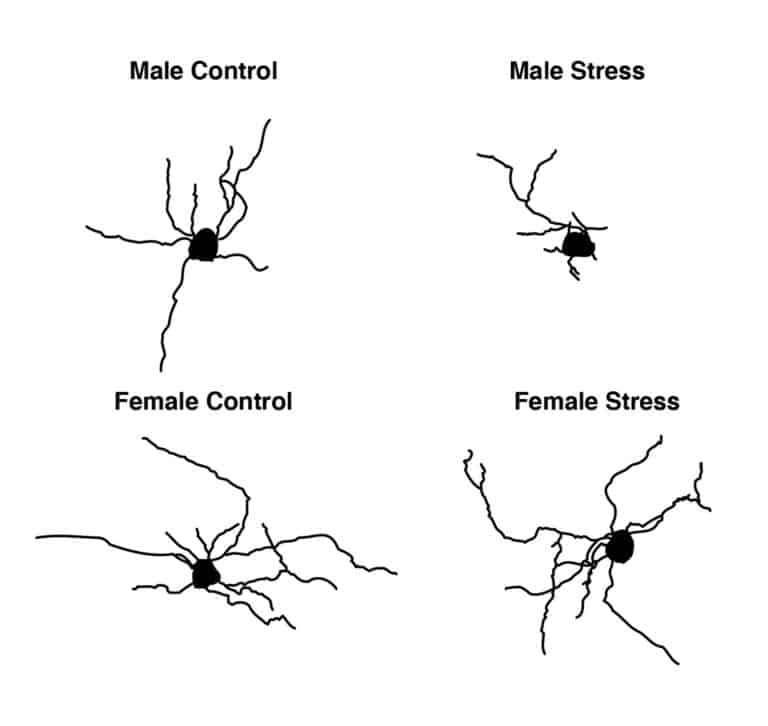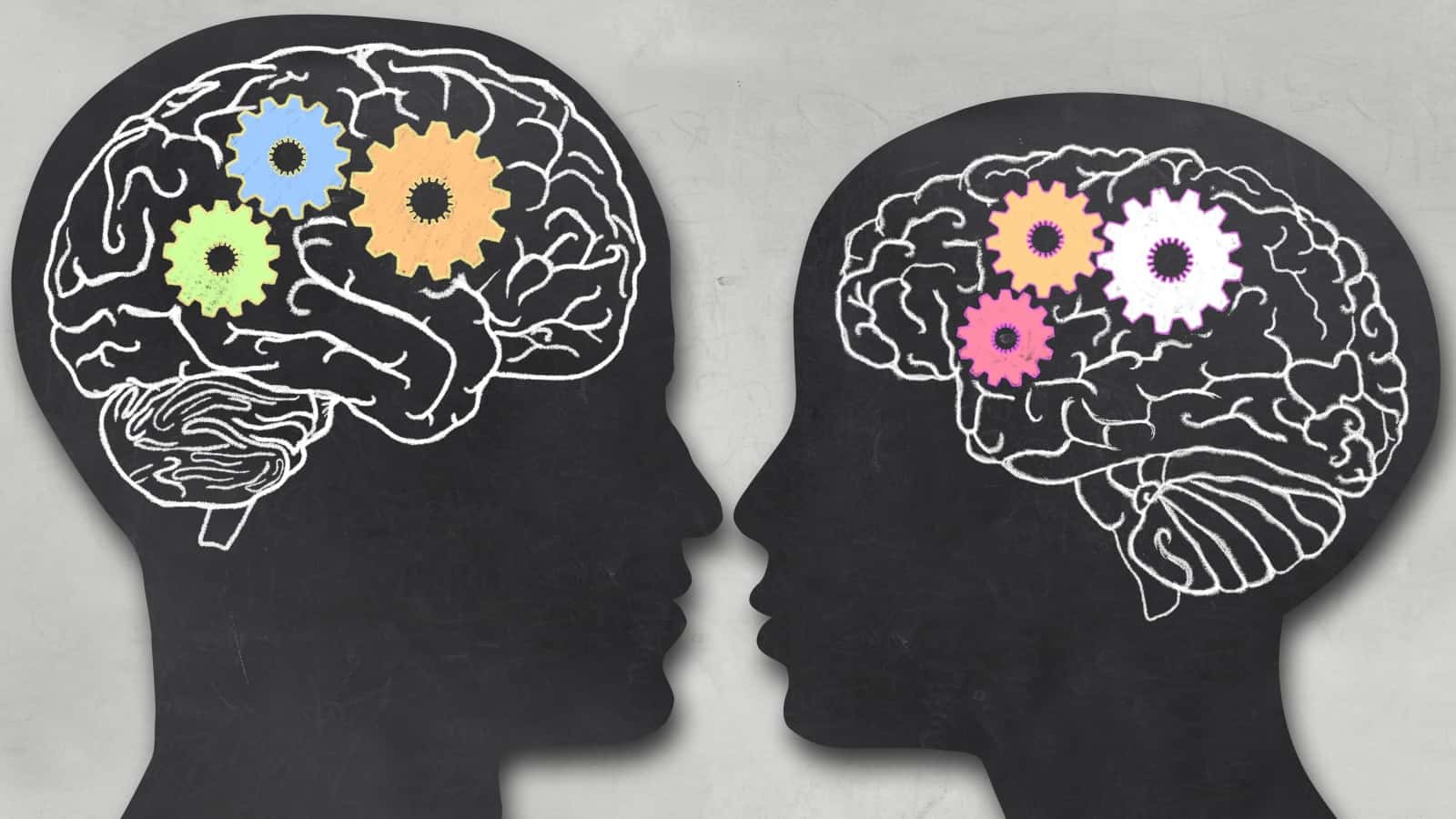Scientists from the Weizmann Institute of Science recently discovered that female and male brains respond differently to chronic stress. This discovery could pave the way for personalized psychological therapy.
The study, conducted on mice, showed that some cells are more susceptible to stress in females and some to stress in males. In males, exposure to stress conditions changed the gene expression of particular cells, their interactions with surrounding nerve cells, and even their very structure. In females, however, no significant change was observed in these cells during stress exposure.

Until recently, basic research on anti-anxiety drugs was carried out only on male subjects due to a consensus that bringing into play female-based variables, such as menstruation and hormonal changes, would complicate studies.
The researchers said the findings could lead to a better understanding of health conditions affected by chronic stress, such as anxiety, depression and even obesity and diabetes.
The study was conducted in collaboration with scientists from the Max Planck Institute of Psychiatry in Munich, and was recently published in the Cell Reports scientific journal.
The Weizmann Institute’s team consisted of researches from the neurobiology laboratory of Prof. Alon Chen, and was led by Elena Brivio.

“By sequencing the RNA molecules in the paraventricular nucleus of the hypothalamus [of the brain] on the level of the individual cell, we were able to map the stress response in male and female mice along three main axes: how each cell type in that part of the brain responds to stress, how each cell type previously exposed to chronic stress responds to a new stress experience and how these responses differ between males and females,” Brivio said.
“Even if a study does not specifically focus on the differences between males and females, it’s essential to include female animals in the research, especially in neuroscience and behavioral science, just as it is important to implement the most sensitive research methods, in order to obtain as complete a picture of brain activity as possible.”
“Our findings show that, when it comes to stress-related health conditions, from depression to diabetes, it’s very important to take the sex variable into account, since it has a significant impact on how different brain cells respond to stress,” Chen explained.
















